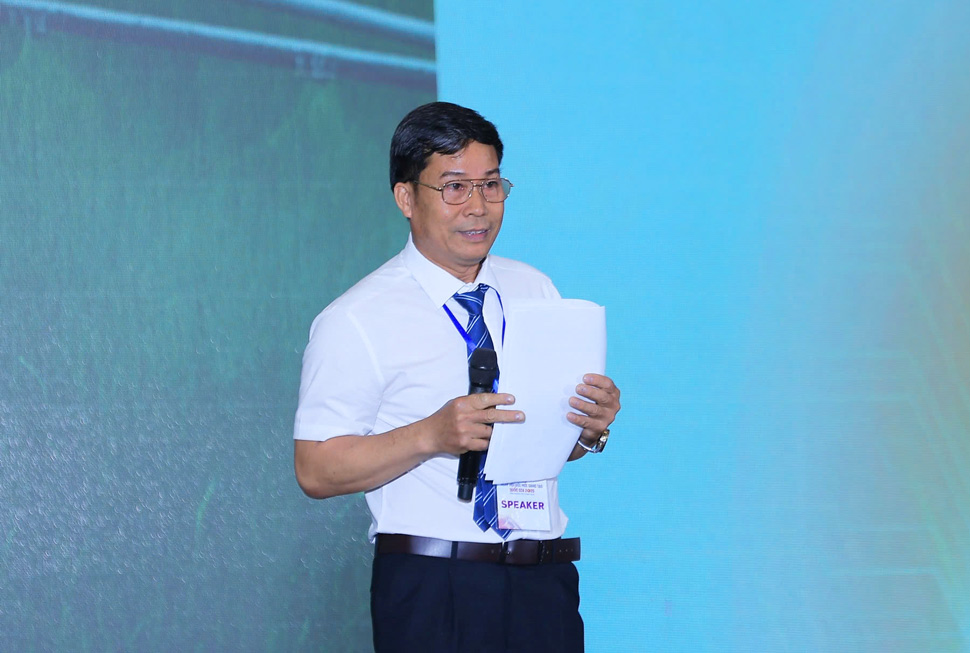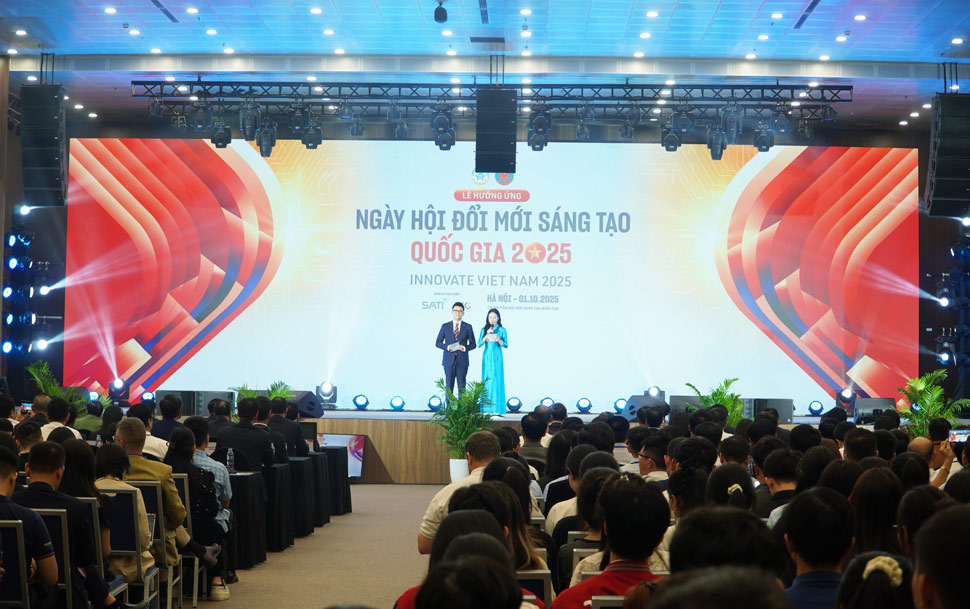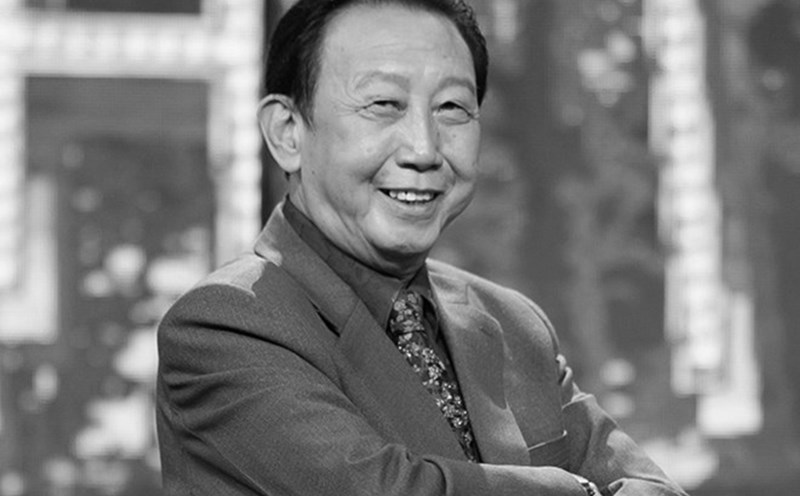
Starting out as an unskilled worker, having never studied mechanical engineering, Mr. Hat admits that he is not a scientist. But his love for farming and the concern "how to make the people of his hometown less miserable" urged him to explore how to make.
Before returning to Vietnam, he had time to work in Israel. The work of manually splitting on the vast fields in the intense sun caused him to cook the idea of inventing the feces behind the plow. The device was later registered by the Israeli partner company for more than 4 billion, he himself received $ 10,000 bonus and the salary doubled.
Returning to his hometown, in just 3 years, from a small mechanical workshop, he was able to repay all of his old debt thanks to inventoryed products serving agricultural production. The common point in his equipment is that it is simple, efficient, cheap, durable and suitable for production conditions in Vietnam.
One of the famous inventions is a robot that sets seeds worth about 35 million VND, which can replace the labor of 40 people. This product is not only well received by domestic farmers but also exported to 14 countries, including the US, Japan, and South Korea.
In addition, he has also manufactured many other useful machines such as pesticide sprayers, seed sowers, young corn rotors, rice excavators, etc. Recently, he continued to experiment with escape equipment for high-rise buildings, invented products beyond the agricultural sector and received international media attention.
Although many countries have expressed their desire to buy technology transfer rights, Mr. Hat still refused with the hope that products invented by Vietnamese people must be served first to Vietnamese people. It is our farmers who need these inventions the most, Mr. Hat shared at the National Innovation Day 2025 Responding Ceremony.

At the 2025 National Innovation Day Responding Ceremony, Mr. Hat was invited to attend and share his journey as a typical representative of the non-professional inventive class.
The story of farmer Pham Van Hat shows that inventions do not necessarily have to start from modern laboratories, but can arise from the desire to solve daily difficulties.
"Made in Vietnam" products, if suitable for reality, can completely compete with imported goods and reach out to the world. This is also proof that technology and innovation can start in the fields, from simple people, to spread into great value for the community.











